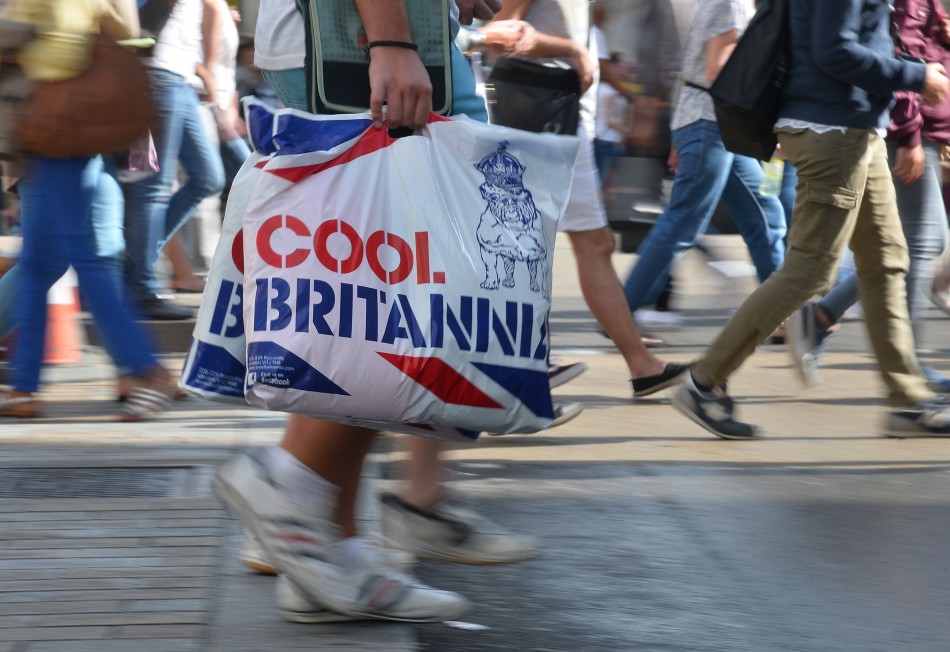The UK economy grew in line with expectations in the third quarter of the year as households spending increased at the fastest pace in a year, according to official figures released on Thursday (23 November).
The Office for National Statistics (ONS) reported that Britain's gross domestic product (GDP) grew 0.4% on a quarterly basis in the three months to the end of September, up from the 0.3% recorded in the previous quarter and unchanged from the preliminary estimate released last month.
On a year-on-year basis, meanwhile, Britain's economy expanded 1.5% in the third quarter, matching both last month's estimate and the rate of expansion recorded in the corresponding period 12 months ago.
"Consumers saved the UK's economy once again and the spending on cars increased during the third quarter," said Naeem Aslam, chief market analyst at Think Markets UK.
"Households have dug into their pockets and their spending increased at the fastest pace in a year. However, we do have doubts if the spending would continue at its current pace due to the lack of wage growth and higher inflation."
Samuel Tombs, chief UK economist at Pantheon Macroeconomics, said he expected quarter-on-quarter GDP growth to fade to 0.2% in the fourth quarter, as households' spending is set to slow again.
"The squeeze on real wages still has further to run, while the MPC's rate hike will reduce disposable income and encourage households to save more," he said.
"We hold out little hope for a revival in net trade or investment in the near-term, given the still-huge uncertainty about the UK trade ties with the rest of the world."
The ONS added the services sector was the main driver of GDP growth in the period, with output in the industry increasing 0.4% from the previous quarter, a figure which was unrevised from the preliminary estimate of GDP.
The report comes a day after the Office for Budget Responsibility (OBR) downgraded its forecast for economic growth. The OBR now expects Britain's economy to grow by 1.5% in 2017, revised down from the 2% forecast made in March.
Economic growth has also been cut to 1.4% in 2018, 1.3% in both 2019 and 2020, but growth would subsequently pick up back to 1.5%, and finally 1.6% in 2022.


